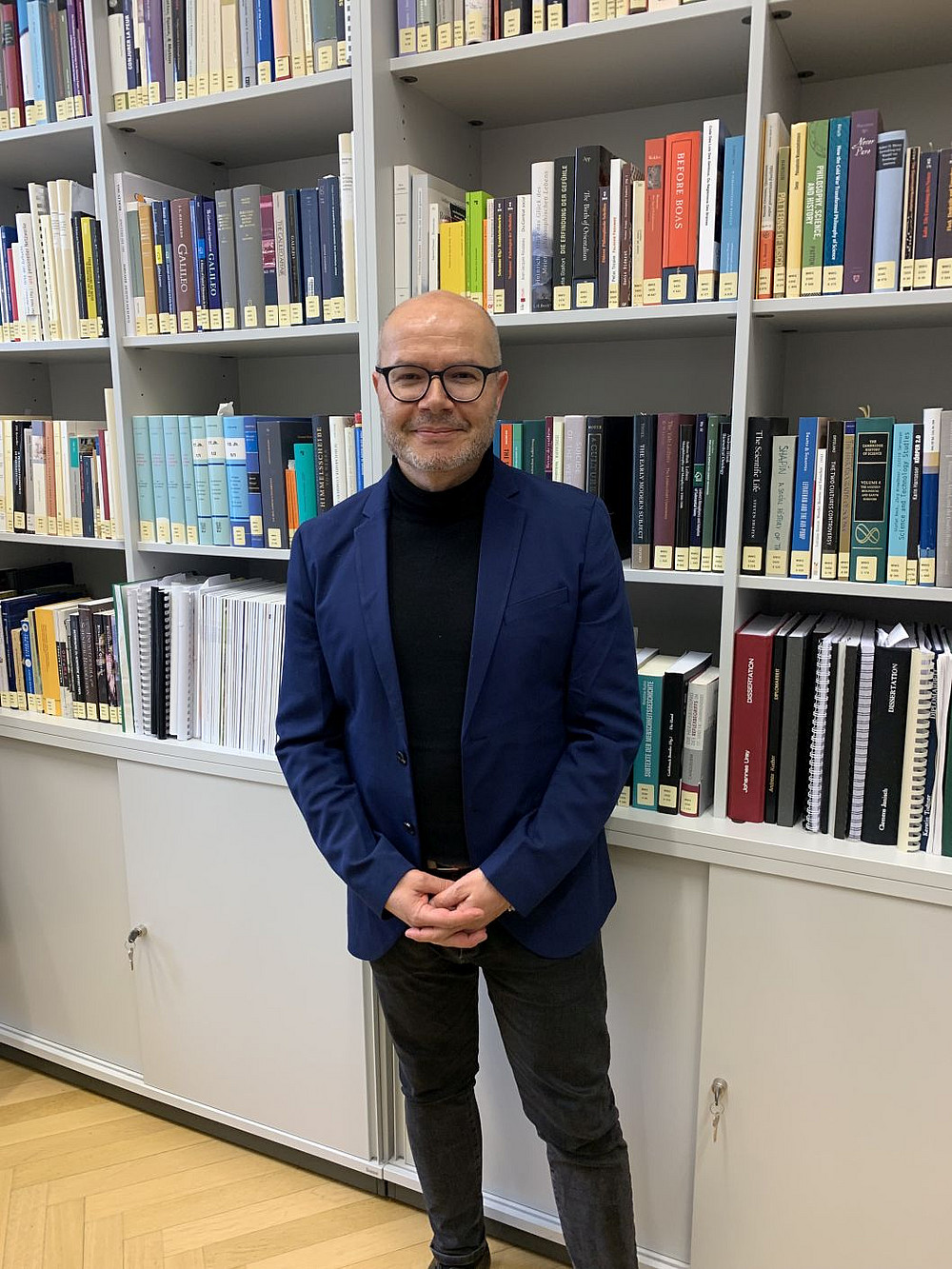Three questions for...
Why is the history of science important today?
Our modern societies are often built on the findings of the (natural) sciences and technology. Understanding what decisions were made in science over the last three hundred years that still affect us today is important and requires close analysis of multiple sources as well as their contextualization. Take global warming, for example: many of the problems associated with it are also due to the fact that in the nineteenth and twentieth centuries a separation was made between natural history and human history, or between the sciences of nature and the sciences of man, which is now falling on our feet. In the epoch of enlightenment, it had long been clear that phenomena such as the climate, are "hyperobjects" that surround us, but are not equally perceptible as tables or chairs. Alexander von Humboldt spoke of the fact that for nature there is no above and below, and that therefore humans, animals, plants etc. are interconnected.
The sciences today are accused of having a problem with credibility, such as during the Sars Cov2 pandemic or in the context of the climate debate. What tools does the history of science provide to better understand such situations?
There have always been credibility problems in the sciences. Galileo was not believed by everyone when he looked through the telescope and showed that the surface of the moon was mountainous and that new stars and comets were visible in the sky. He also did not (yet) succeed in proving that the Earth revolved around the Sun and not vice versa. Scientific processes can sometimes take years, decades or centuries. It is a misconception to believe that science only provides certainties. One achievement of the "scientific revolution" of the 17th century was to distinguish between degrees of evidence, i.e. between certain, uncertain or even only probable statements. Often scientists work with mathematical models of reality, which are tested by experience. Every serious researcher knows that science is partial, temporary, fallible and revisable (otherwise it would not be science!). And yet there are good reasons to believe experts.
What is your personal motivation to deal with the history of science?
Unlike in the Anglo-Saxon world, one can rarely study history of science directly at a university in the German-speaking world. Even during my studies in comparative literature, I was concerned with scientific texts of the 18th century, which were often also written in French, English, Italian, or Latin. I learned through history of science that things are often not as they appear or as people have always thought and judged about them. History of science is interdisciplinary, knowledge-linking, illuminating, sobering, and it never ceases to amaze me how it opens our eyes to complex realities of the past and present.
